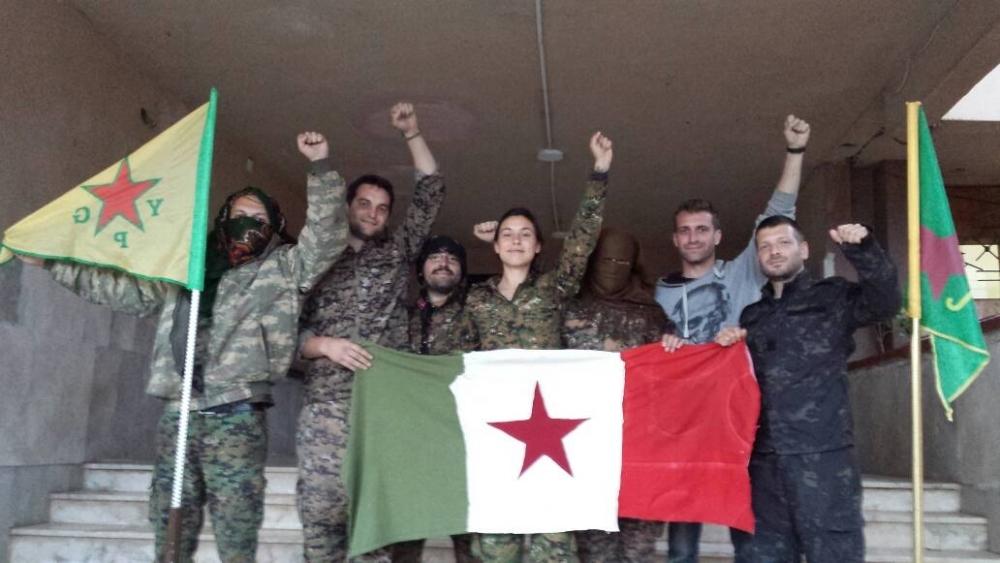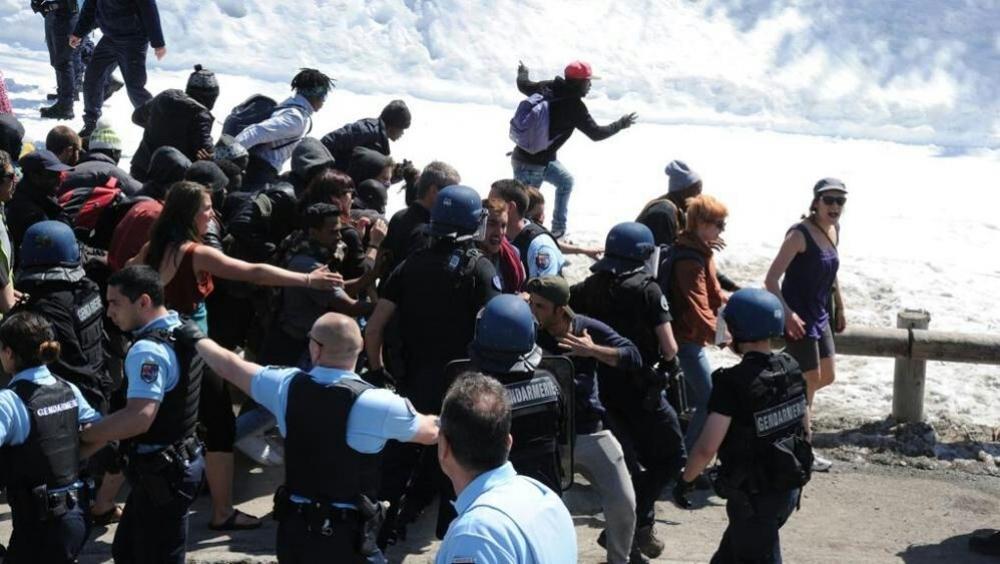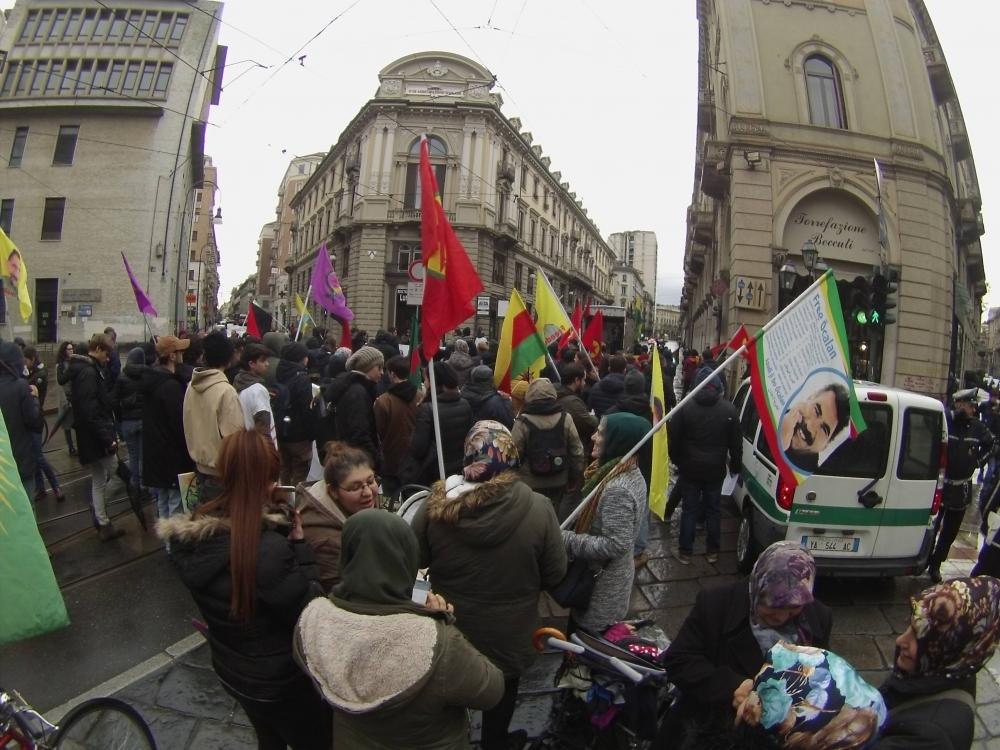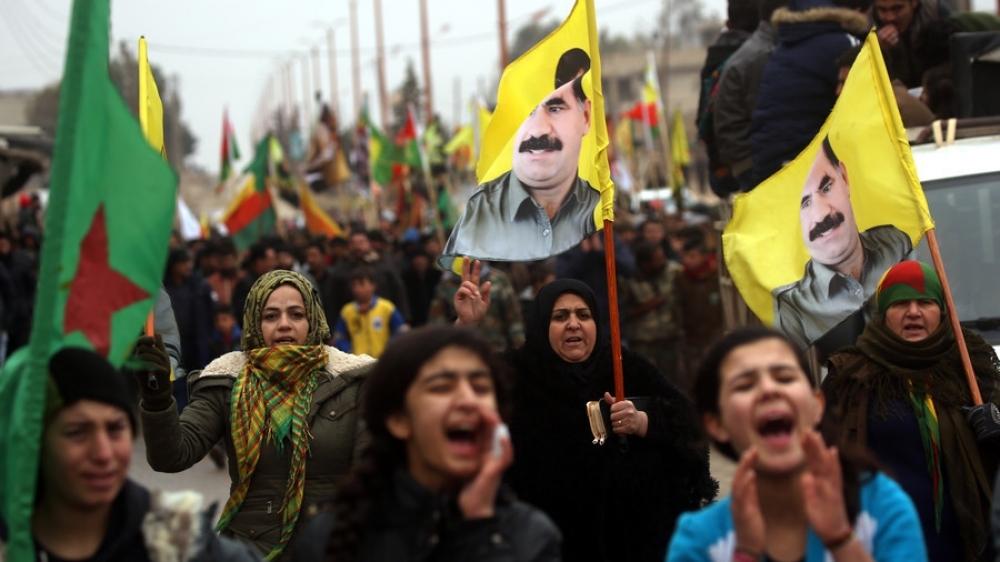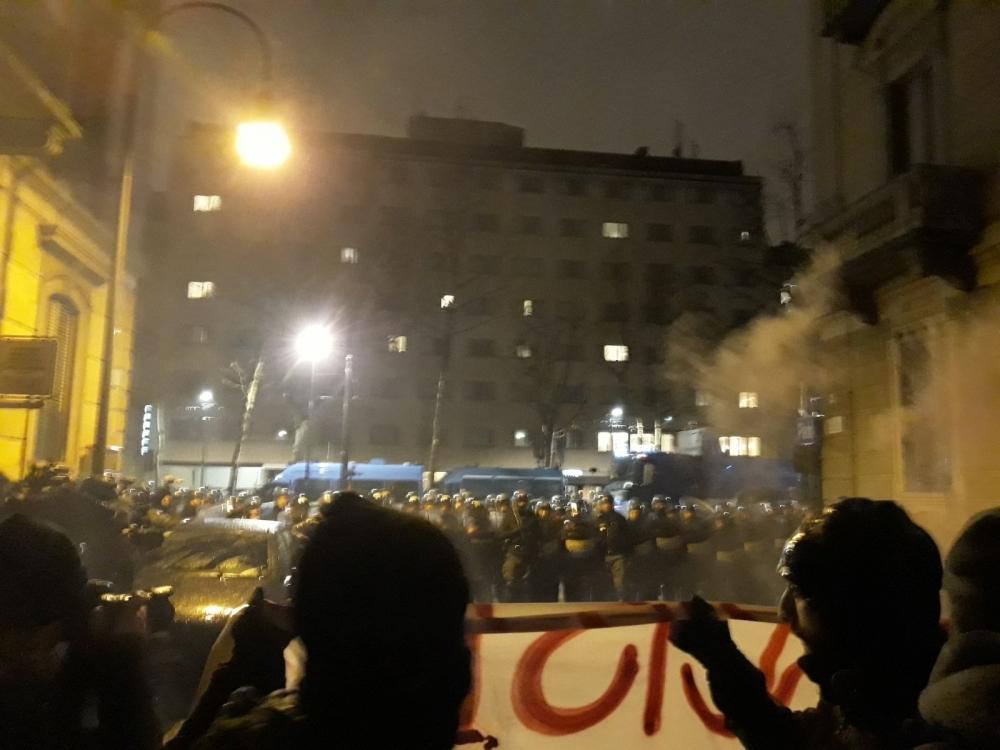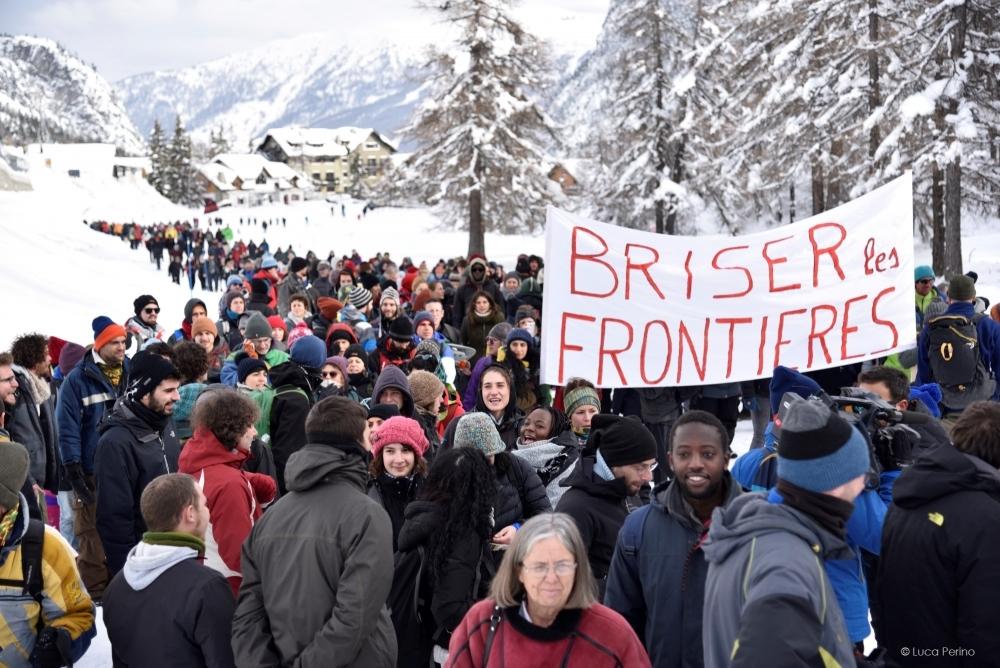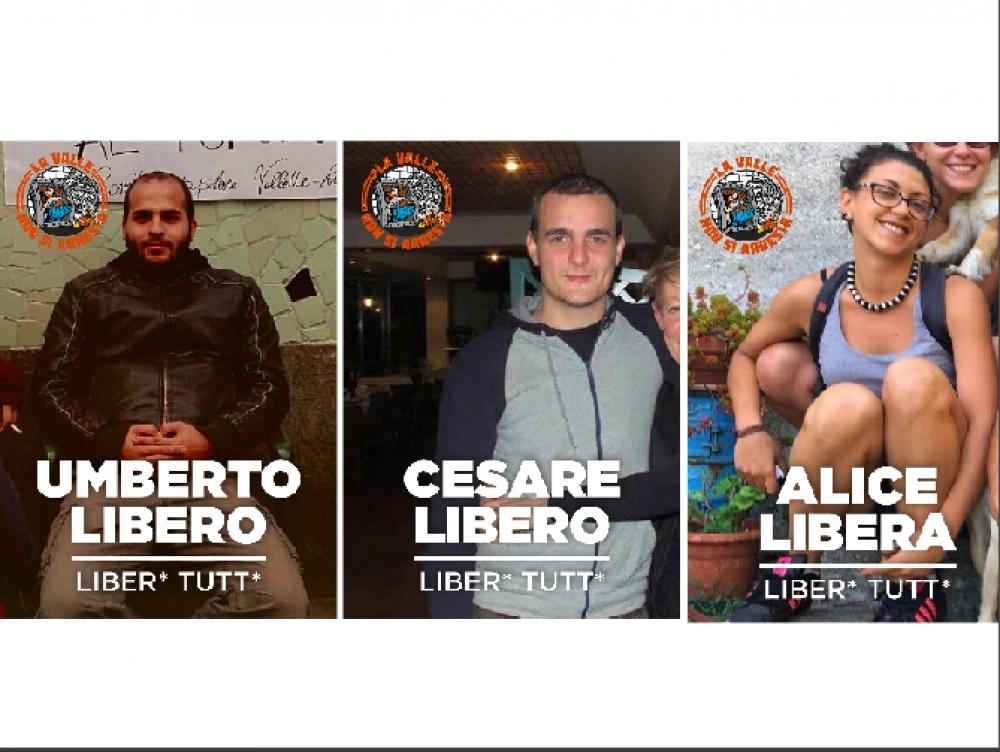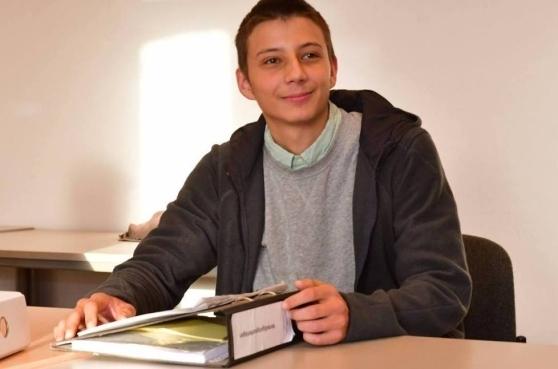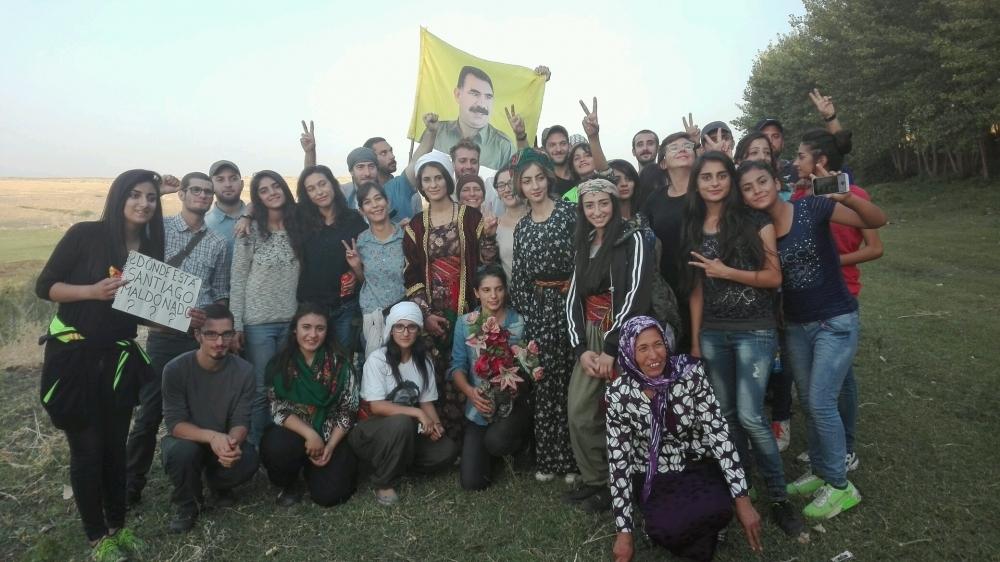
It all began with a siege

By then, it should have just ended with an electoral speech. On October 19 this year, at last,no electoral speeches were ever scheduled at all. In these two years the crisis transformed the general picture, through a deep change in the social condition. The breakdown processes caused by the strengthening of the austerity and impoverishment policies on the territories are evident; and, if we cannot properly hinder them, they can produce power balances unfavorable to struggles.
The movements that manage to move in the right direction, even among various obstacles, are diverse one from the other, united – as the No Tav and No Muos, the housing struggle, etc. – by the capacity to build segments of self-organization and by the attempt to put back together different classes. Therefore a recomposition – not of political elites, but of struggles and social classes, of those subjects that suffer the crisis and are fed up with paying for its costs – is given. October 19 was the first attempt to give visibility to these processes, without delegating them to differently set events, but by giving life to a new temporality, autonomously chosen by the conflicts.
That day required a very big preparation and effort, for those very diversities that expressed themselves within it; still, we were all aware that it was only a beginning. A careful insight on the demonstration can read through these diversities. There were house
squatters in big numbers.It was not only concerning the recurring cycles of the housing squats in Rome, but something bigger and different. A visible trace of it is given by the huge attendance of migrants, as concerned protagonists of the march, and the diffusion
that the housing issue acquired on territories it had never been present in. Thus, the occupation became a concrete and even necessary answer to a more and more questioned – or even denied by the crisis- material need. Then there was a robust presence of the youth
proletariat and of those social strata deprived of income and opportunities that have dearly paid the costs of the crisis. There were, of course, the subjects of the territorial struggles, an established permanent feature in the last years.
This demonstration expressed two sides. One is made by the contrast against the institutions and the State, locked off from what effectively is, for them, a true danger: not of public order, but of social order. Because it involves social sectors that do not want to pay for the crisis anymore, and come together to do that. Here the income is not stirred as an ideological flag, but it is played in the material practices of re-appopriation. The other side is the construction of a legitimacy of illegality, that will require many more steps. The forms of struggle are never to be the same, otherwise they become ineffective: they must be considered and tested according to the goals and the concrete political steps.
Although the media tried to bury October 19 first under a curtain of silence and then of criminalization, the participation in it well exceeded its militant composition. We were never interested in playing October 19 against October 12, because they truly are two moments that unravel on a level of radical unequalness*. We witnessed it not only for the numbers, that are quite significant in and of themselves: in spite of the mobilization of the parties’ and trade unions’ frameworks, and the media attention given to the demonstration in defense of the Constitution, the one of October 19 was twice larger in
its numbers.
But, above all, the decisive difference we are interested in here is the quality of this participation. Indeed, it is the composition of the subjects that – from a class and age point of view – – have to directly face the crisis, that have nothing more to defend,
for which the unrepresentability is not an ideological matter but, first and foremost, a material one. It is here that all the attempts of recomposition of the institutional left framework failed, and here it is the radical difference of October 10 in comparison to many national event dates of the past years.
We defined it as a bet. Well, now we can say that a first part of this bet was won. It was not the result of spontaneousness but of the work of political build-up that tried to make some given priorities prevail. In the first place, that of causing the intrinsic political character of the social composition to arise, instead of the protagonism of groups and structures.
In the second place, we insisted on the character of the process and not of the mere event one. October 19 started on a territorial level from several weeks already, with the many initiatives that kicked off, restarted or strengthened existing or soon to be built frameworks. And October 19 refers to political territorial work, on which this bet has
to be further confirmed.
Then, to say that a first part of this bet was won does not equal to engage in short-sighted evaluations, to be content with an important outcome. On the contrary, we know that the road is long, that the political work to do is huge, and that it really is the maturity of this consciousness to make us able to revamp the process of October 19.
These are the main issues on schedule: the contrast and the balance of power between the classes, between the social insurgence forms and the institutions have to be considered, proposed and organized with political intelligence and a concrete work.
Then, we come out from October 19 knowing that there are no possible shortcuts or negotiation tables. The political elites, though defeated and deprived of any function, will not give up trying to rise up again in a parasitical way. But today we are a bit stronger, also because instead of an electoral speech this demonstration ended with a camp; that is, with the determination to reclaim a square not just symbolically, and to stay there.
Ti è piaciuto questo articolo? Infoaut è un network indipendente che si basa sul lavoro volontario e militante di molte persone. Puoi darci una mano diffondendo i nostri articoli, approfondimenti e reportage ad un pubblico il più vasto possibile e supportarci iscrivendoti al nostro canale telegram, o seguendo le nostre pagine social di facebook, instagram e youtube.











